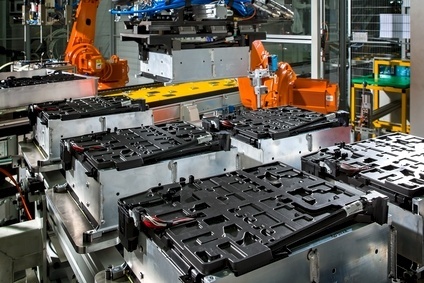The India collaboration of Suzuki Motor, Toshiba, and Denso is expected to defer plans for the second phase of its project to manufacture batteries for electric vehicles, even as the work on the first phase is presently behind schedule.
Lack of a well-defined electric vehicle policy and a decelerating market for such vehicles has led the collaboration, Automotive Electronics Power (AEPPL), to go slow on the second phase, one of the people said. Previously, Korea's LG Chemicals had put off its project to produce lithium-ion batteries in India in association with the Mahindra Group.
AEPPL believed the first phase of the project was deferred by a few months due to operating and logistical hurdles posed by the COVID-19 pandemic and that the company was "making efforts to achieve commissioning early".
Suzuki holds half the stake in the tripartite JV among the Japanese companies to manufacture lithium-ion batteries at Gujarat's Hansalpur. Industrial conglomerate Toshiba holds 40 percent and automotive component maker Denso the enduring 10 percent. The JV was projected to invest Rs. 5,000 crore, with more than Rs. 3,700 crore for the second phase, providing employment to over 1,000 workers over five years. In the initial phase, the company plans to set up a single assembly line.




